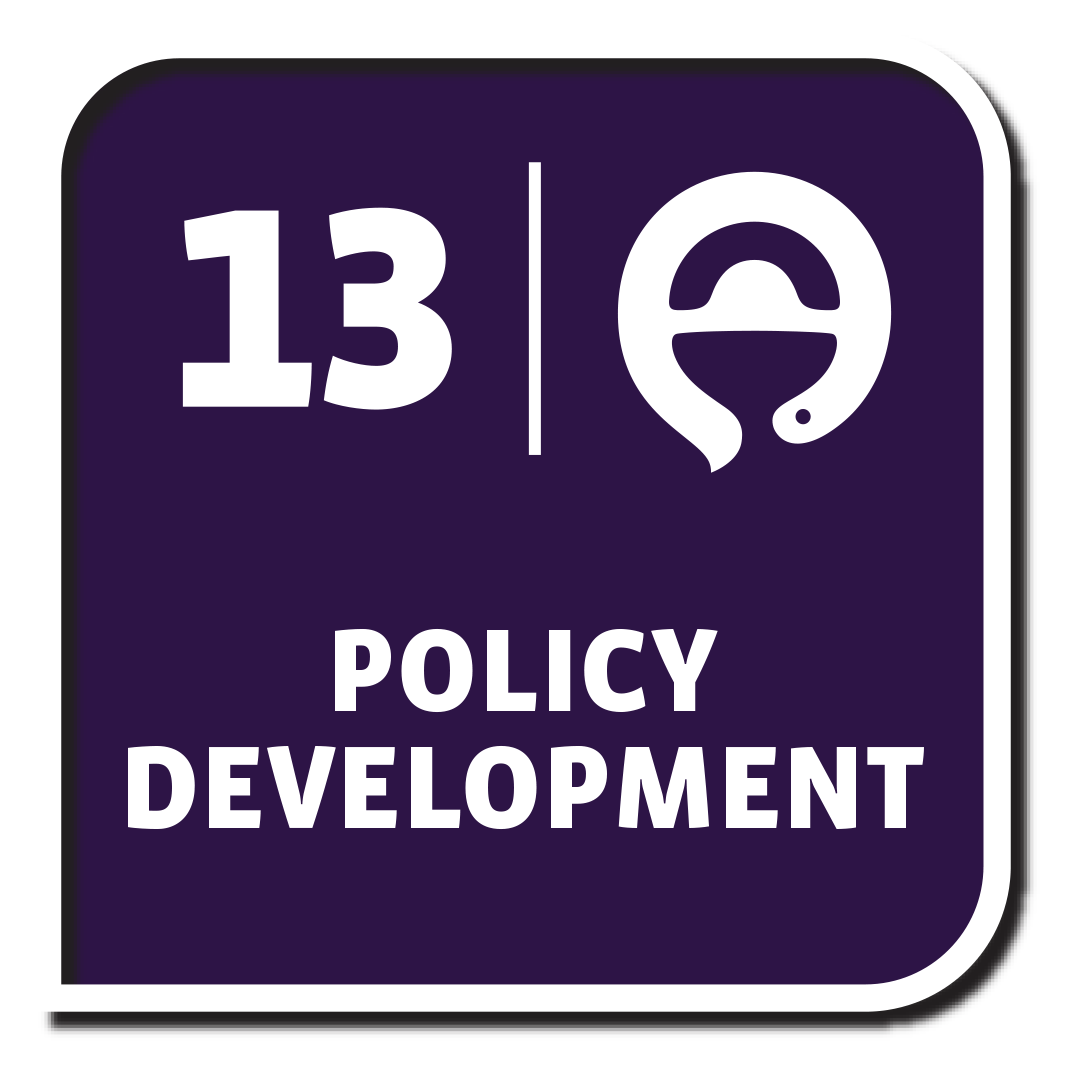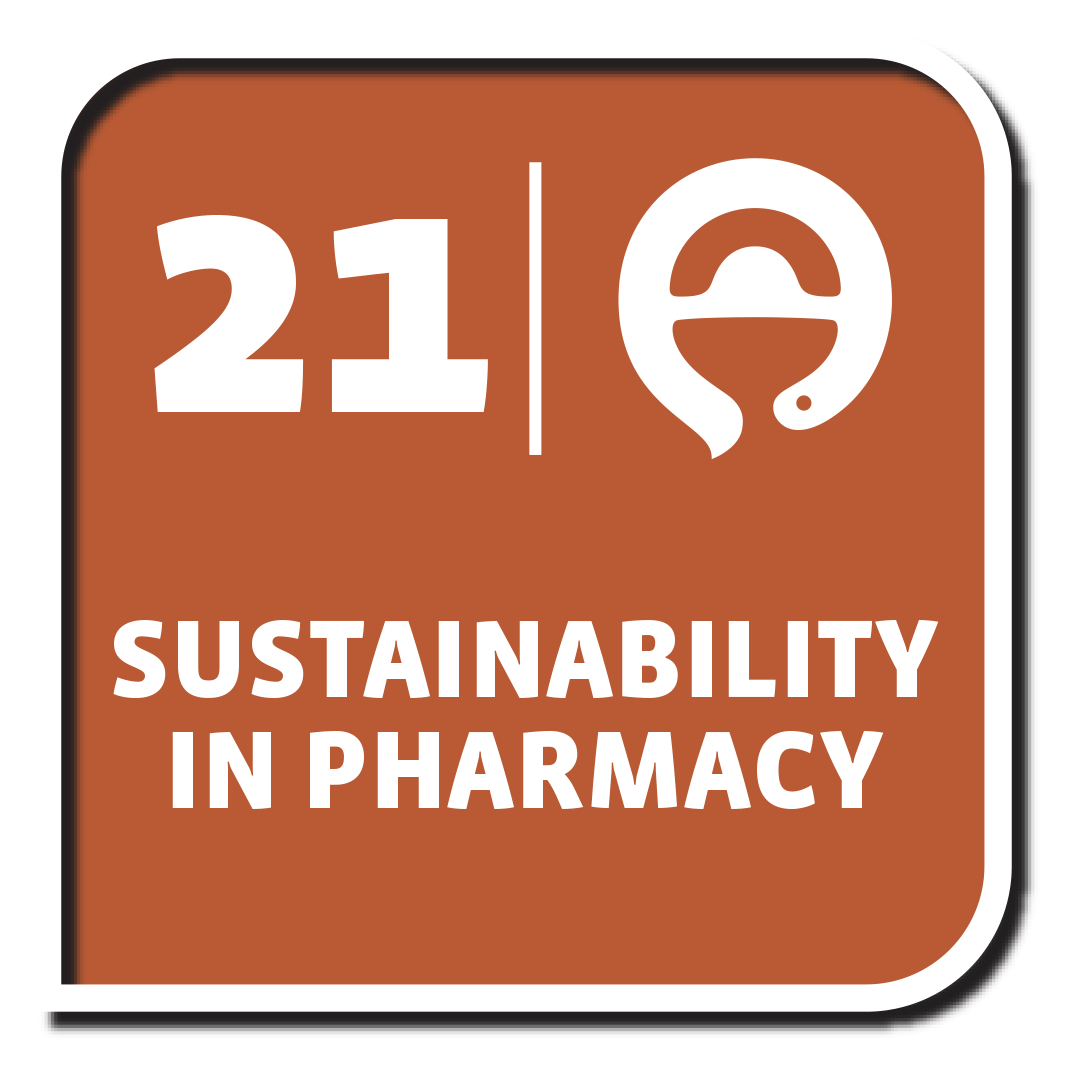PSWE-07 - Sustainable solutions for gender equity: Leveraging technology and regulation
Tracks
Auditorium 10
| Wednesday, September 3, 2025 |
| 14:00 - 15:30 |
| Auditorium 10 |
Details
Organised by FIPWiSE in collaboration with the FIP Technology Advisory Group & the FIP Regulators Advisory Group
Chair(s)
Virginia Olmos, FIP Vice President, Uruguay & Dr Bahijja Raimi-Abraham, FIPWiSE Chair, UK
Introduction:
Women remain underrepresented in science and education. According to the United Nations Educational, Scientific and Cultural Organization (UNESCO)’s global education monitoring gender report, women have fewer than 25% of jobs in science, engineering, and ICT fields. They make up only 26% of the workforce in data and artificial intelligence. The UNESCO report “Gender equality: how global universities are performing”, states that female researchers at higher education institutions make up 40% of the global total. While further growth in numbers is expected in the coming years, there is still a long journey ahead, as progress remains uneven across different fields of knowledge and academic activities. In light of the United Nations Sustainable Development Goal 5 and women’s rights initiative, it is important to provide sustainable solutions for improving women’s role in science and education. Therefore, this summit will provide participants with actionable strategies to implement long-term gender equity initiatives, with a particular emphasis on highlighting women’s role in healthcare, science, pharmacy, and education. By focusing on sustainable solutions, the session will delve into how regulatory frameworks can be adapted and how technology can be leveraged to promote women’s participation in these fields.
This summit aims to explore how sustainable policies, in combination with advancements in technology and regulation, can foster gender equity within pharmaceutical sciences and education. Ultimately, the session seeks to inspire tangible solutions in women's contributions to the healthcare workforce, particularly in pharmaceutical science, education, and leadership roles, and to issue recommendations that women in pharmacy science and education as well as stakeholders and leaders can consider.
Programme:
Learning objectives:
1. To understand the role of sustainable policies in promoting gender equity in pharmaceutical sciences.
2. To explore the intersection of technology and regulation in fostering a more inclusive healthcare workforce.
3. To identify technologies that can help promote long-term gender equity in pharmaceutical sciences and education.
Take home messages:
The summit session, a first for FIPWiSE, will highlight women’s role in science and education as well as the critical role of sustainable policies in driving gender equity within pharmaceutical sciences and education, ensuring that women are supported in leadership and decision-making roles. By exploring the intersection of technology and regulation, the session will demonstrate how these two pillars can foster a more inclusive healthcare workforce, offering practical solutions to overcome barriers faced by women. Participants will gain insights into emerging technologies, such as AI and telepharmacy, that can promote long-term gender equity in pharmaceutical education and science, paving the way for sustained progress in creating a diverse and equitable field.
FIP Development Goals:


 To learn more about these FIP Development Goals, click on the links below.
FIP Development Goal 10: Equity and Equality
FIP Development Goal 13: Policy Development
FIP Development Goal 21: Sustainability in Pharmacy
To learn more about these FIP Development Goals, click on the links below.
FIP Development Goal 10: Equity and Equality
FIP Development Goal 13: Policy Development
FIP Development Goal 21: Sustainability in Pharmacy
| 14:00 – 14:10 | Introduction by the chairs | |
| 14:10 – 14:30 | Bridging the Digital Divide: Gender Equity in the Age of AI | |
| Dr Claudia Rijcken, FIP Technology Advisory Group, Netherlands | ||
| 14:30 – 14:50 | Transforming the healthcare workforce: Educating future leaders in health, pharmacy, and STEM for gender equity | |
| Dr Dalal Hammoudi Halat, Qatar University, Qatar | ||
| 14:50 – 15:15 | Panel discussion | |
| Ms. Jocelyn Chaibva, President, African Regional Pharmaceutical Forum, Zimbabwe | ||
| 15:15 – 15:25 | Q&A | |
| 15:25 – 15:30 | Closing by the chairs |
Speakers
Mrs Jocelyn Musadaro Chaibva
Nu Fife Avenue Pharmacy
Panel discussion
Dr Dalal Hammoudi Halat
Qatar University
Transforming the healthcare workforce: Educating future leaders in health, pharmacy, and STEM for gender equity
Dr Claudia Rijcken
Member FIP Technology Advisory Group
Bridging the Digital Divide: Gender Equity in the Age of AI
